
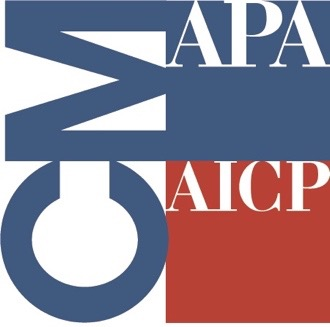 This webinar offers one AICP Certification Maintenance credit. Click here for instructions on how to submit this event for credits via AICP’s site.
This webinar offers one AICP Certification Maintenance credit. Click here for instructions on how to submit this event for credits via AICP’s site.
Paratransit has been a staple of public transportation since the Americans with Disabilities Act became law in 1990. For people with disabilities, this service has enabled them to access their community when unable to use fixed-route transportation due to physical barriers. However, the high cost per trip, the long reservation lead times, and unreliable travel time has limited its appeal and has pushed agencies and riders alike to yearn for a better alternative.
On-demand transportation has transformed urban mobility, and recent success with pilot projects in Denver and Boston hint at the potential to transform paratransit as well, bringing a new level of mobility to people with disabilities. Join the Eno Center for Transportation for a deeper look into the future of paratransit as we discuss how on-demand transportation could play a central role with panelists from Denver RTD, MBTA, Easterseals, and Uber.
At the end of this webinar, participants will be able to:
- Explain the evolving nature of paratransit services
- Understand how on-demand transportation can be used for paratransit services
- Describe lessons learned and best practices from paratransit pilot projects
Speakers:
Ben Schutzman, Head of Paratransit Services, MBTA
Paul Hamilton, Senior Manager, Paratransit Services, Denver RTD
Judy Shanley, Ph.D., Assistant Vice President, Education & Youth Transition, Easterseals; Director, National Center for Mobility Management (NCMM)
Christopher Pangilinan, Head of Global Policy for Public Transportation, Uber
Paul Lewis, Vice President of Policy and Finance, Eno Center for Transportation
Watch the Recording:
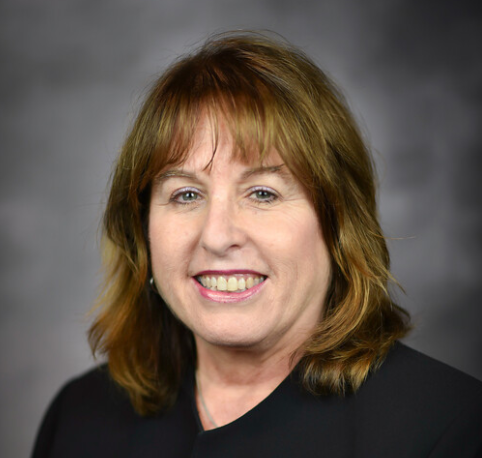 Judy Shanley, Ph.D. is the Assistant Vice President, Education and Youth Transition at the national office of Easterseals in Chicago, IL and serves as Easterseals Director of the FTA-funded National Center for Mobility Management (NCMM). She manages Federal projects, conducts research, and provides technical assistance regarding transportation coordination and mobility management. Shanley convenes diverse audiences and provides professional development to align mobility solutions with the needs of all riders. Shanley also oversees Easterseals national education and youth transition programs and brings together school, VR, workforce, and public transportation providers to support postschool outcomes for youth. Prior to Easterseals, Shanley worked at the U.S. Department of Education, where she wrote federal grants and monitored programs to ensure compliance with Federal regulations. Prior to Federal service, Shanley was a Principal Research Analyst at the Americans Institutes for Research for 9 years. She earned her Ph.D. in Special Education from the University of Florida and an M.B.A. and a Master’s in Rehabilitation Counseling, both from Syracuse University.
Judy Shanley, Ph.D. is the Assistant Vice President, Education and Youth Transition at the national office of Easterseals in Chicago, IL and serves as Easterseals Director of the FTA-funded National Center for Mobility Management (NCMM). She manages Federal projects, conducts research, and provides technical assistance regarding transportation coordination and mobility management. Shanley convenes diverse audiences and provides professional development to align mobility solutions with the needs of all riders. Shanley also oversees Easterseals national education and youth transition programs and brings together school, VR, workforce, and public transportation providers to support postschool outcomes for youth. Prior to Easterseals, Shanley worked at the U.S. Department of Education, where she wrote federal grants and monitored programs to ensure compliance with Federal regulations. Prior to Federal service, Shanley was a Principal Research Analyst at the Americans Institutes for Research for 9 years. She earned her Ph.D. in Special Education from the University of Florida and an M.B.A. and a Master’s in Rehabilitation Counseling, both from Syracuse University.
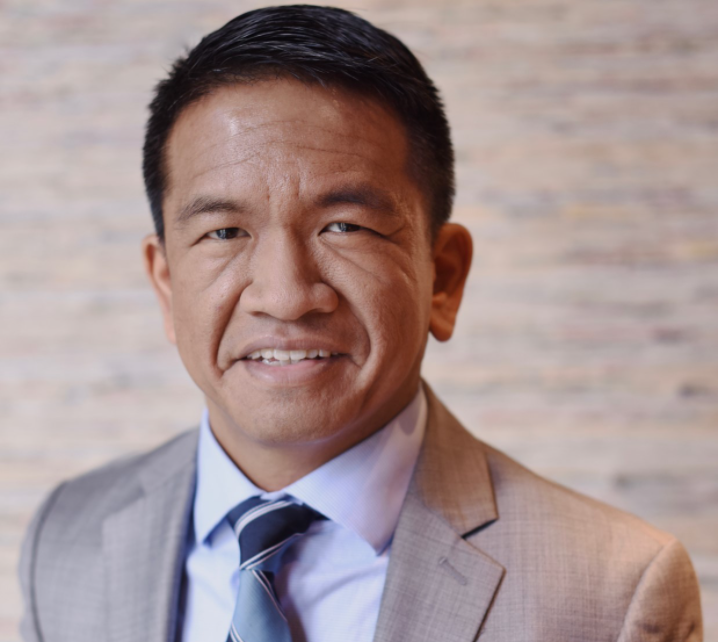 Chris Pangilinan is the Head of Global Policy for Public Transportation and Accessibility at Uber. In this role, Chris works to help public transportation agencies and riders harness Uber’s technology platform to make transit more convenient and easier to use. His work also includes improving accessibility for people with disabilities to the Uber platform. Prior to joining Uber, Chris served in various roles within local transit agencies, research and advocacy, and the US Department of Transportation.
Chris Pangilinan is the Head of Global Policy for Public Transportation and Accessibility at Uber. In this role, Chris works to help public transportation agencies and riders harness Uber’s technology platform to make transit more convenient and easier to use. His work also includes improving accessibility for people with disabilities to the Uber platform. Prior to joining Uber, Chris served in various roles within local transit agencies, research and advocacy, and the US Department of Transportation.
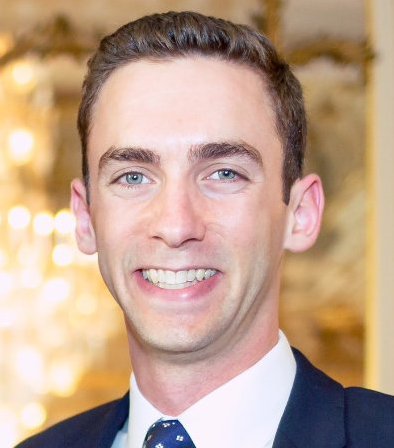 Ben is currently the Chief of Paratransit Services at the Massachusetts Bay Transportation Authority, where leads a organization with over 1,000 drivers, call center agents, and staff across 9 key contracts to deliver over 1.8M trips annually. In this role, he’s created and negotiated new partnerships and pilots with Uber and Lyft, implemented a state-of-the-art routing and CRM software and customer self-service tools (web, mobile, IVR), redesigned the operating strategy and organizational structure, and negotiated and implemented new contracts for all of organization’s vendors. Before overseeing the MBTA’s paratransit division, Ben was the MBTA’s Director of Transportation Innovation, and held prior roles at start-ups and in management consulting.
Ben is currently the Chief of Paratransit Services at the Massachusetts Bay Transportation Authority, where leads a organization with over 1,000 drivers, call center agents, and staff across 9 key contracts to deliver over 1.8M trips annually. In this role, he’s created and negotiated new partnerships and pilots with Uber and Lyft, implemented a state-of-the-art routing and CRM software and customer self-service tools (web, mobile, IVR), redesigned the operating strategy and organizational structure, and negotiated and implemented new contracts for all of organization’s vendors. Before overseeing the MBTA’s paratransit division, Ben was the MBTA’s Director of Transportation Innovation, and held prior roles at start-ups and in management consulting.
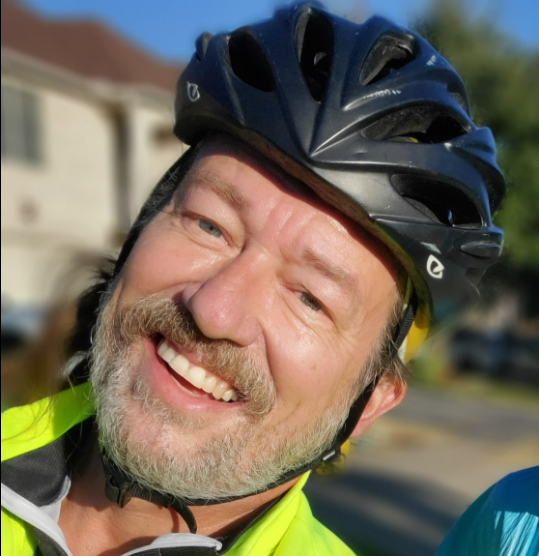 Paul Hamilton has been involved in planning and providing public and client passenger transportation for 35 years. His educational background includes degrees in Urban Affairs and Public Administration with Majors in Transportation and Urban Planning.
Paul Hamilton has been involved in planning and providing public and client passenger transportation for 35 years. His educational background includes degrees in Urban Affairs and Public Administration with Majors in Transportation and Urban Planning.
He has worked on three Native American reservations providing ultra-rural route and service analysis, including a system start-up on the Wind River Reservation in Wyoming, he served as Transportation Director for their first seven years. During that time, he consolidated social service and community college assets to develop a County-wide system providing over 125,000 passenger trips a year in a 9,000+ square mile service area and acquired Federal discretionary funding to build a maintenance and storage facility and to replace their aging bus fleet.
Mr. Hamilton also served as a Transportation Planner with the Texas Department of Transportation (TxDOT) developing State and National training modules, performance based funding distribution models, and assisted in oversight of grant compliance for several Federal grant programs.
Managing a student shuttle system at Texas State University, he worked to develop a regional public bus system between Austin and San Antonio, (The BTI) expanding a former client-based system providing less than 200 trips a day to an open-door bus system providing over 1,000 trips a day.
Since 2015, he has moved back to his roots in demand-response and paratransit transportation. First at Capital Metro in Austin, TX where he assisted in repurposes a part of their paratransit fleet to pilot an accessible demand-response software to expand access in a greenfield development with limited fixed-route bus service.
Currently, he serves as the senior manager of paratransit services at RTD. During his service here, he has worked to deploy a cell phone app and web portal that allows paratransit customers to manage trips and see where their vehicle is in real-time; helped deploy a food delivery service option during the pandemic which allows paratransit customers to book food delivery as an alternative to transport to and from their grocer and is currently working to pilot a peak-hour on-demand paratransit alternative using Uber and contracted lift-equipped vehicles.





